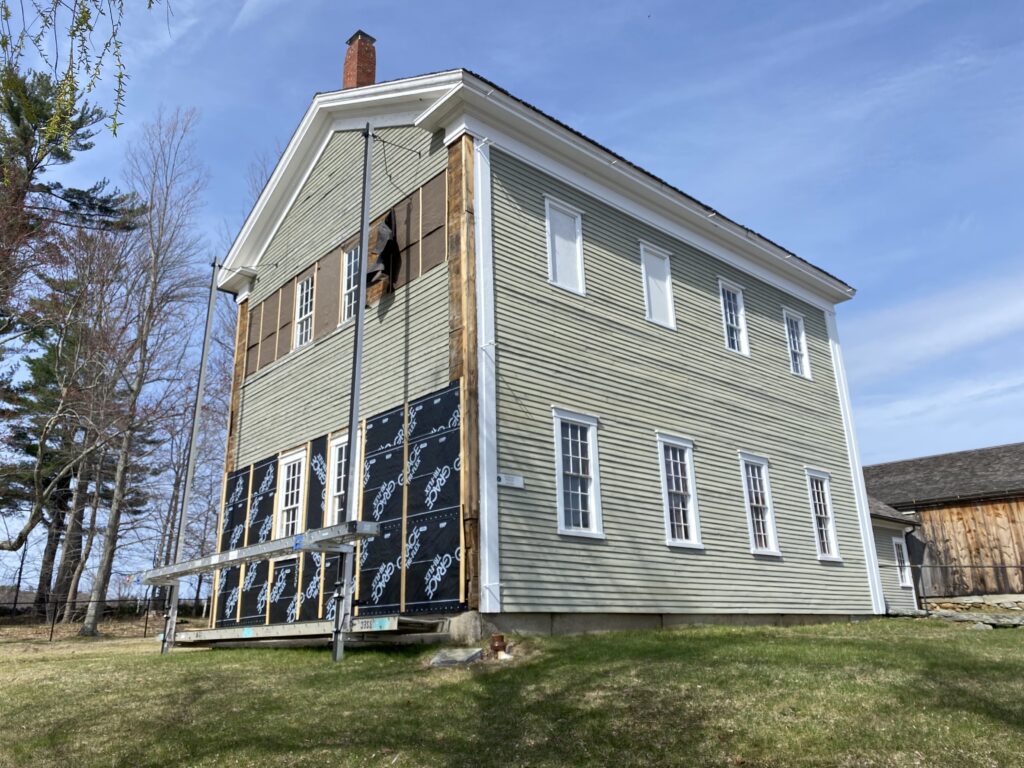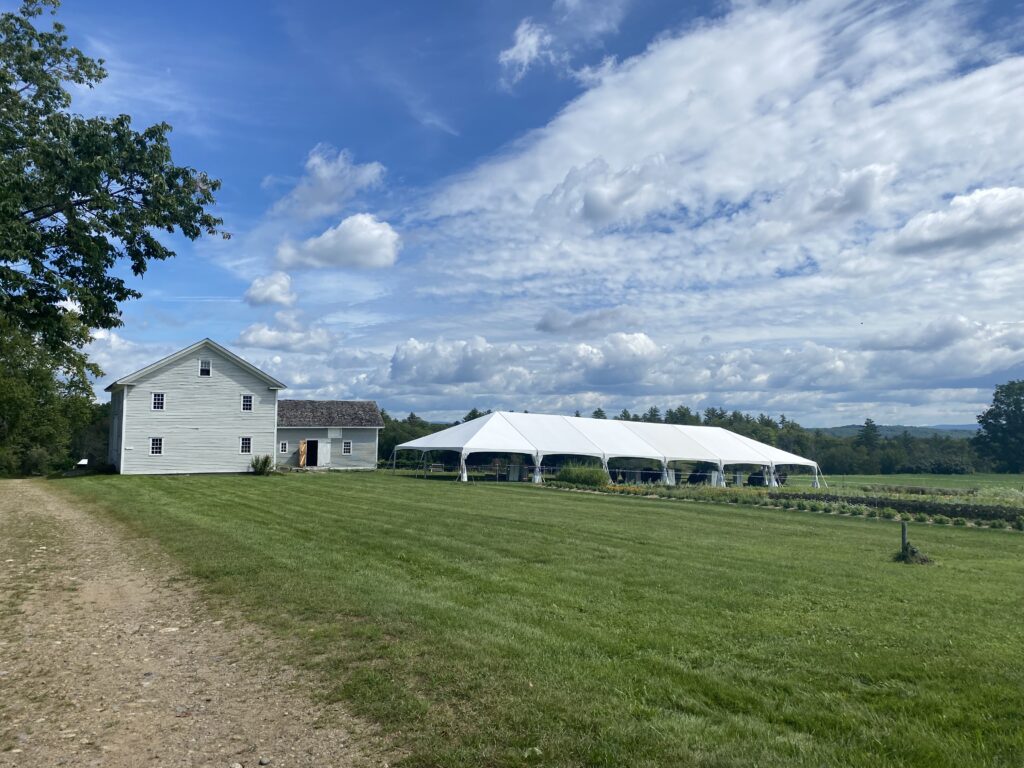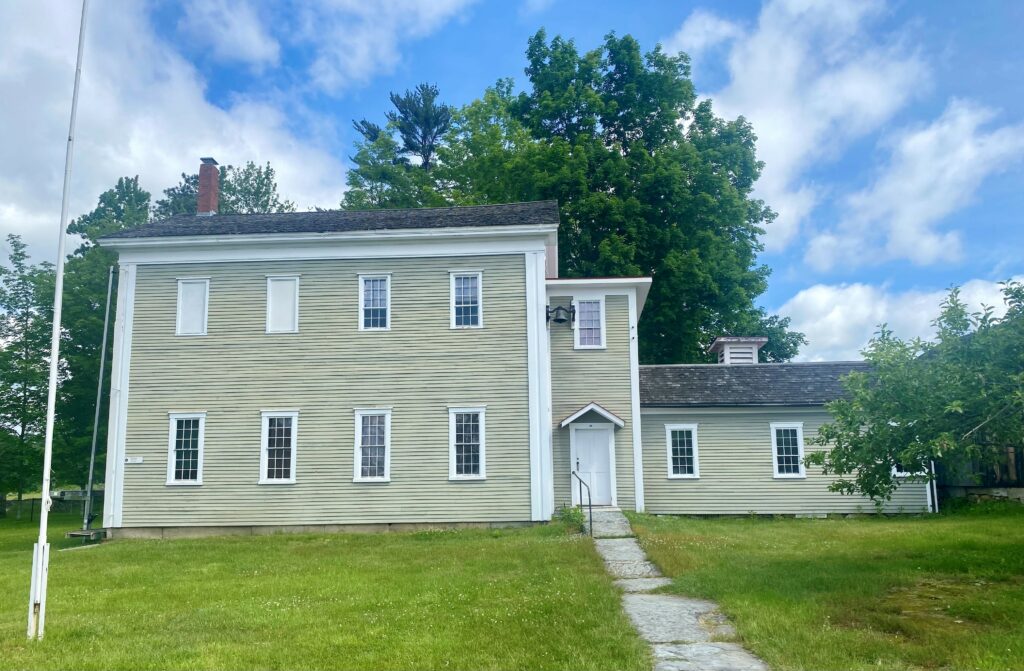

5—6PM | Open House
View Lesley Dill exhibition, ‘Wilderness: Light Sizzles Around Me’
Visit with Master Carpenter – Schoolhouse Restoration
6PM | Garden Barn
Complimentary Cocktails + Appetizers
Preview new visitor orientation film, ‘Holy Ground’ SALT Project
6:30PM | Tent overlooking Turning Mill Pond
Music by The Jared Steer Trio
Shaker-inspired buffet
6:30PM | Program
Welcome | Gingie Nye, Village Board Chair + Leslie Nolan, Director
Inaugural James Garvin Award | presented by Howard Mansfield + Sy Montgomery
SALT Project presentation | Matt Boulton + Liz Myers
Fund-the-Need Schoolhouse Preservation | led by Sean Landry
Closing Remarks | Maynard Crossland, President + CEO, Shaker Village of Pleasant Hill


Fund-the-Need: Shaker Schoolhouse Preservation

One of the most endearing buildings at the Village is the Schoolhouse. In 1863 the Shakers moved their school building of 1823 to its current location near Shaker Road and remodeled the one-room structure into the existing two-story building with a large playground, spacious, well lighted and ventilated rooms, and an adjacent arboretum for nature study. In creating this building, the Shakers provided the best-equipped schoolhouse in Canterbury and one of the best in New Hampshire, a building that approached textbook models for two-story urban school buildings of the period.
Now, we are hoping to enlist your support to replace the Schoolhouse’s roof, and its 26 original windows. This capital project is a component of a comprehensive initiative to repair and safeguard the Village buildings, guided by DBVW Architects’ 2021 report, “Canterbury Shaker Village Building Assessment and Recommendations.”
The building is emblematic of the Shakers’ devotion to the education of the children in their charge, whether they came with families who converted to the Shaker religion or were adopted from parents who had lost the means to care for them, as was common after the Civil War.
This model schoolhouse, set in bucolic grounds and unequaled in any other school district in New Hampshire, was both a demonstration of the Shakers’ nurturing of the minds and bodies of the children in their care and of the Shakers’ role as good neighbors in their broader community. The building is generally interpreted as an example of the Shaker commitment to thoughtful improvement and design in every endeavor but is more broadly symbolic of a nineteenth-century campaign of educational reform that transformed education in the United States.
The Shaker Schoolhouse preservation project has received partial funding from the Cogswell Benevolent Trust, the 1772 Foundation, and the Eppes-Jefferson Foundation to address deterioration of the clapboards, exterior trim, gutters, rainwater leaders, and other exterior features as well as the painting of the building, following the Secretary of the Interior’s Standards for Preservation (NH Gives 2020).
Thank you to the generous sponsors of this event:
Thank you to the generous Media Sponsor of this event: